On The Illusion of Controlling People’s Time
Software Engineering is going through an identity crisis. The old school has failed because of too much control, moving people away from what they really have to deliver. The new school, or agile fever, is more focused on humanities, directing all the attention to human beings. This approach practically decimated the old school, showing that writing software is not an exact science. It is actually unpredictable and cannot be done without creativity, inspiration and transpiration. Maybe the old school, which insists to exist, got confused by the fact that software execution, data processing, and system and hardware design are engineering stuff, but it doesn’t mean that developing those stuff is also engineering. On the contrary… it’s human and social.
When I see managers trying to measure the time spent on people’s daily activities, I understand they are taking into consideration only the transpiration of their teams and completely ignoring the creativity and inspiration. These two last aspects are so subjective that it’s hard to compare their manifestation on different people. How to compare artists? We may find artists’ comparisons out there, but they heavily rely on who is producing the comparison. Let’s ask ourselves: why on earth would someone use quantitative criteria, such as time and money, to measure and compare subjective matters?

Measurements are only useful when we’re capable of making comparisons with them in an objective way. We compare the date of our birth with the calendar to know our age. In times of crisis, we pay attention to our water, gaz and electricity consumption and make comparisons, finding ways to save money. Climate is measured because we need to decide which clothes to wear or which precautions to take by comparing with previous experiences or common sense. Notice we put measured subjects into perspective to understand the real dimension, the scale, the direction, and then we’re able to reason about trends, behaviours, issues, patterns, etc.
When it comes to subjective matters, we might be able to make comparisons, but measurements are just useless in this case. Actually, we can come closer with a lot of statistical methods, multi-variable analysis, multi-criteria craziness, but do we really have time and resources to produce all these analyses in a daily basis, and even take the risk of being probabilistically far from what it’s expected? It sounds complicated, isn’t it? That’s because it is. 🙂
In software development, every activity is different from one another. It’s impracticable to precisely compare two activities even if they look the same and are done by the same person. It’s all subjective, otherwise it would be easy to put the project on schedule by adding more people in the team. We know that since 1975, when Frederick Brooks published “The Mythical Man-Month

But why lies? There are two good explanations for that:
-
most people don’t track exactly how much time they spent on their activities, thus they actually inform safer figures, which are usually higher than reality;
-
time control gives a feeling of surveillance, making developers believe their manager wants to know whether they are really working or not, thus they smartly add some extra time to mask non-productive time.
Managers should also be aware that time control also kills creativity. When developers have new ideas, potentially useful for the project, they cannot simply turn them into activities because of scope constraints or just because those ideas are not clear enough to be described. Without activities, developers cannot report their time. Therefore, if they spend too much time working on their ideas, it will look like huge time gaps for their managers.
Eventually, managers are moved to implement time control because of visible procrastination. I remember once when a new project was starting, a big room was allocated to a team of 12 people, and the project manager asked the team to choose their places in the room. There were 15 places available, 12 with monitors facing the wall and 3 with monitors facing the door. Guess which places were left available? That’s right! The three ones facing the door 😀 I remember the symphony of mouse clicks and sudden movements when the manager walked through the room. That was so funny! 😀 But time control wouldn’t solve that problem because inputing time on activities is also a distraction. Anything that is not building deliverables is a distraction. We may never eliminate them, but we can always reduce them. The solution for procrastination, in a single word, is: Motivation!
But, is time control totally out of sense? It has some sense when the work is fully based on time, which is the case of consultants payed hourly. This is about their business model, not software engineering. That’s a good practice for consultants to inform to customers how many hours they had spent because it’s directly related to their payments. Notice that this kind of service is for a short period of time and for highly specialised skills. However, we are talking about software projects that last longer.
Finding ways to motivate your team is the best strategy to put them on track and fully productive. Every form of control that threats their feelings will put them down. Motivation doesn’t need to be monetary or entertaining. Sometimes, it’s enough to show their wins, how important is their work for society, how it changed people’s lives, and why it’s important to keep doing what they’re doing.
“One reason programmers dislike meetings so much is that they’re on a different type of schedule from other people. Meetings cost them more. For someone on the maker’s schedule, having a meeting is like throwing an exception. It doesn’t merely cause you to switch from on task to another, it changes the mode in which you work.“ – Paul Graham
Recent Posts
Can We Trust Marathon Pacers?
Introducing LibRunner
Clojure Books in the Toronto Public Library

Once Upon a Time in Russia

FHIR: A Standard For Healthcare Data Interoperability
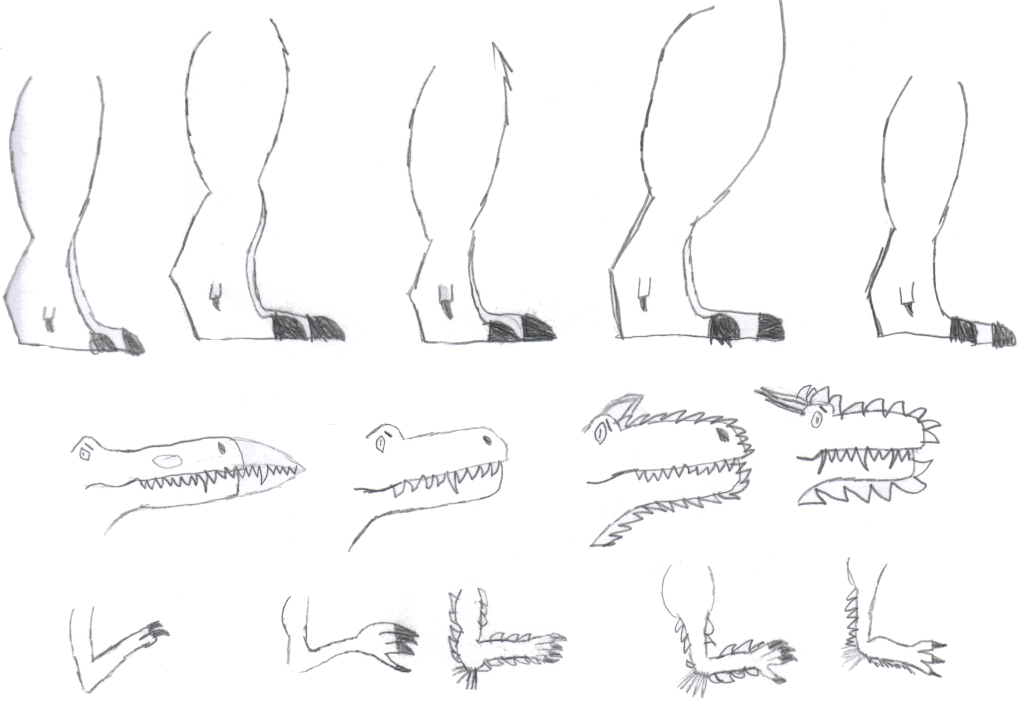
First Release of CSVSource
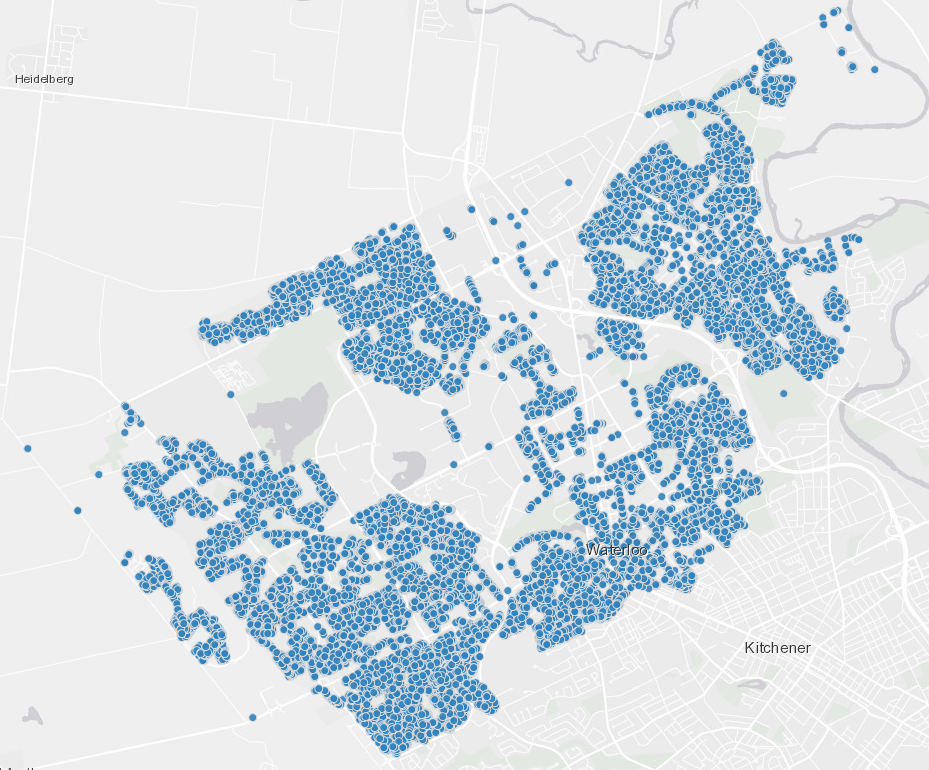
Astonishing Carl Sagan's Predictions Published in 1995

Making a Configurable Go App
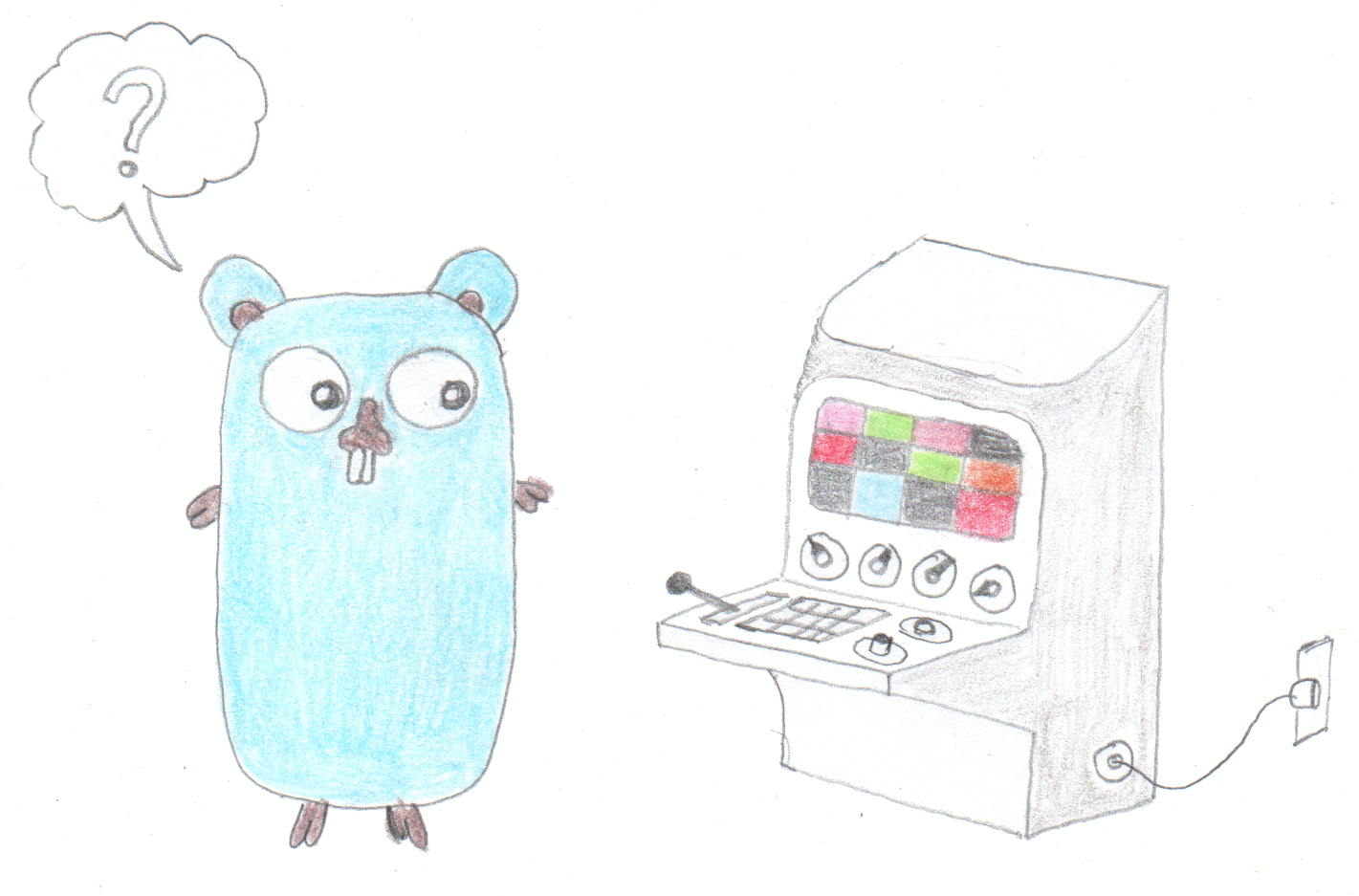
Dealing With Pressure Outside of the Workplace
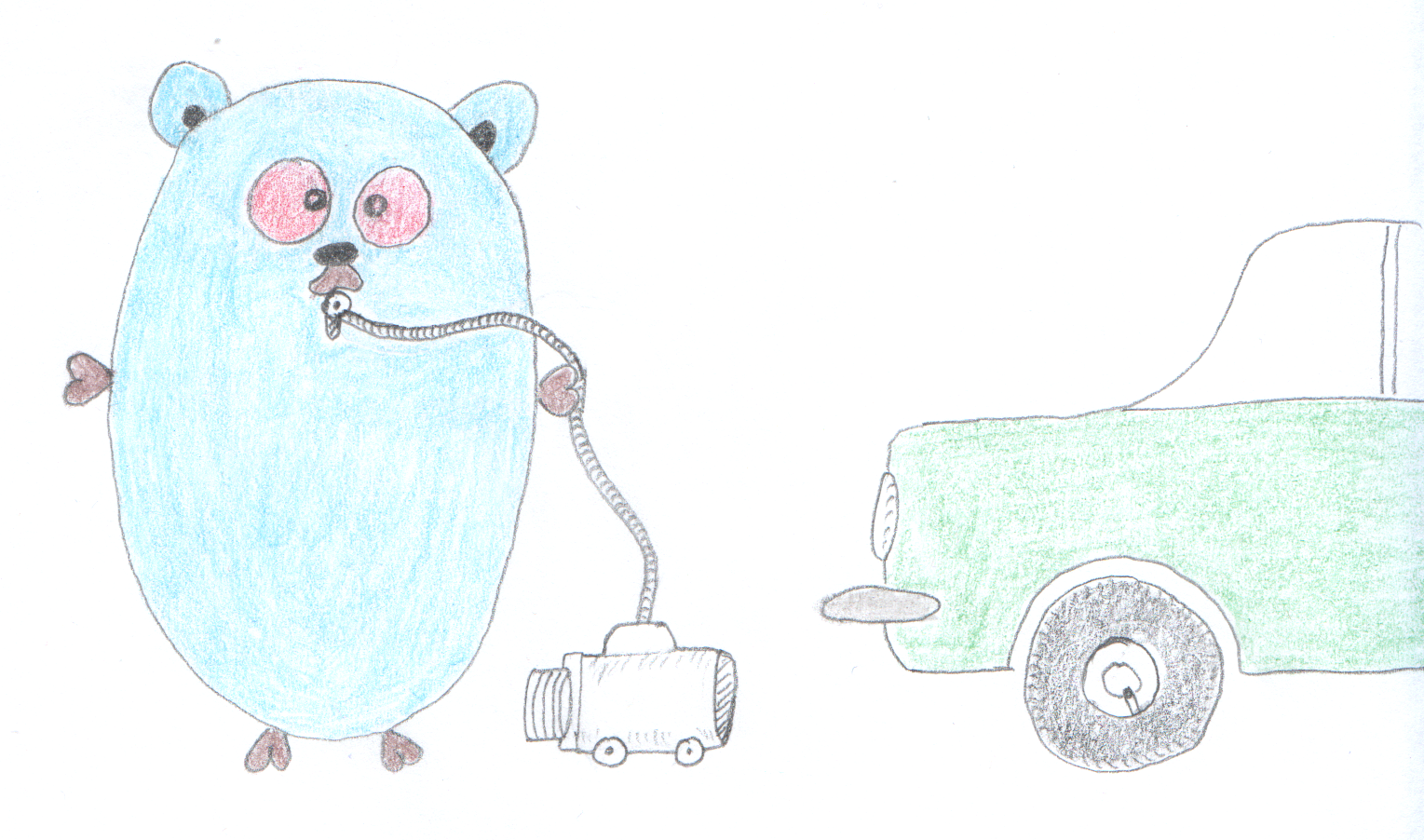
Reacting to File Changes Using the Observer Design Pattern in Go

Provisioning Azure Functions Using Terraform

Taking Advantage of the Adapter Design Pattern

Applying The Adapter Design Pattern To Decouple Libraries From Go Apps

Using Goroutines to Search Prices in Parallel
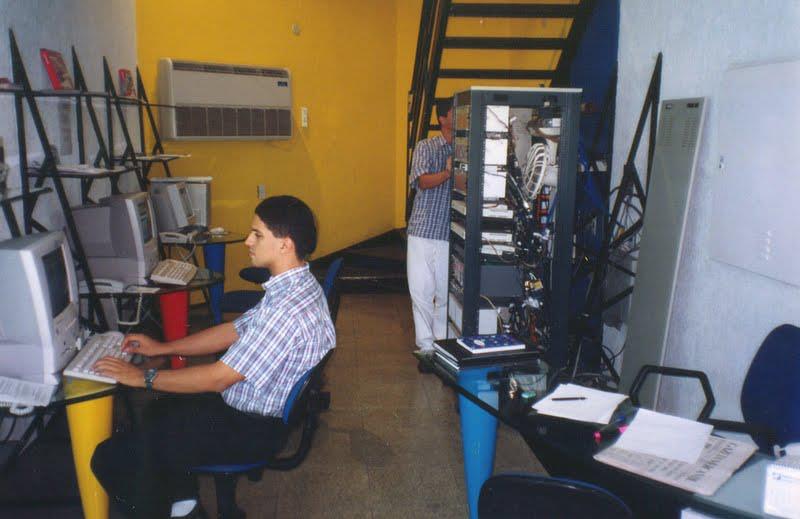
Applying the Strategy Pattern to Get Prices from Different Sources in Go
